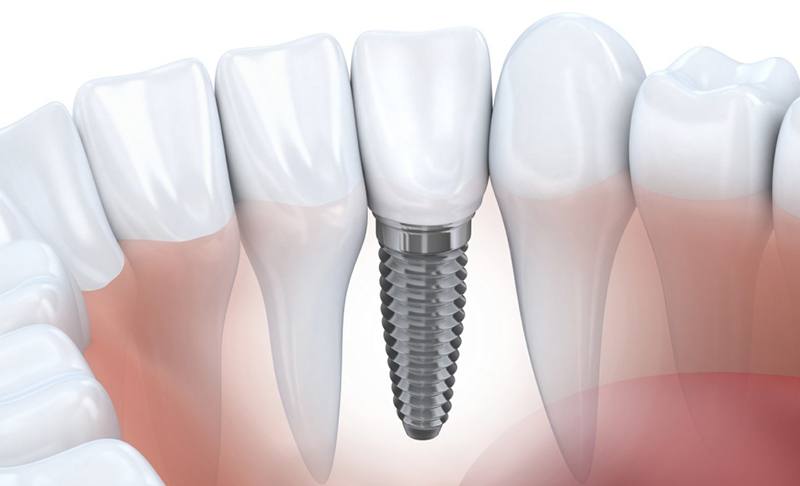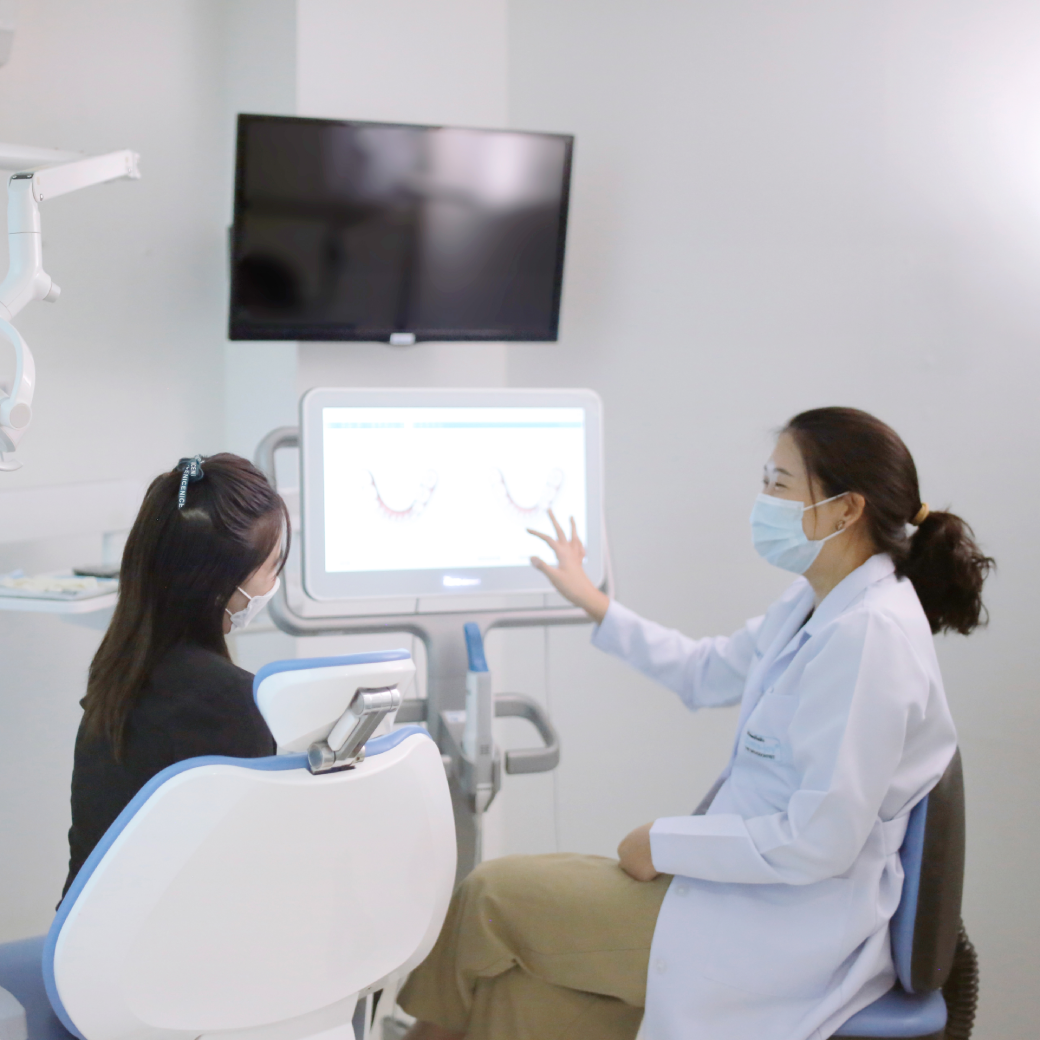WHY YOUR TOOTH NEEDS TO BE EXTRACTED?
- Tooth decay the makes it it impossible for the dentist to saved decaying tooth.
- Severe gum disease.
- Unfavorable tooth positioning to perform other dental procedures such as Orthodontics.
- Extraction to pave way for an erupting tooth underneath.
GETTING START
STEP 1
Find a dentist for consultation.
STEP 2
Start the extraction procedure.
TREATMENT PROCEDURE
- Find a dentist to diagnose the need for dental extraction.
- In some cases, it may be necessary to have X-rays for diagnostic purposes.
- Dentists need to request a history of health to record information such as history of congenital disease, history of allergy, food allergies, or if there is a drug that needs to be regularly.
- Prepare the area of extraction. The dentist will inject local anesthesia to relieve pain.during treatment
- Dentists will start extracting tooth.
- The dentist will give advice on the treatment and after-care for the wound caused by the tooth extraction.
- Gently bite gauze for about 30-45 minutes until it fills up with blood, then change to a new gauze until active bleeding slows down or stops.
- Avoid mouthwash or direct icing. To compress, use an ice pack or cold gel to compress the outside cheek.
- Avoid alcoholic beverages and smoking.
- Avoid eating spicy foods during the first few days after tooth extraction.
- Extraction site can be cleaned normally. The area of the tooth extraction can be brushed, but with extra care.
- Alcohol-free mouthwash will be allowed, but only after at least 6 hours from extraction.
- If there is intolerable toothache, take painkillers as recommended by the dentist.
- Usually, patients can return home immediately after the treatment. The wound will be heal gradually. Usually within 7 days.
THE IMPACT OF TOOTH LOSS.
Loss of one or more tooth, unfortunately, may affect other the whole mouth. Gaps resulted from extraction will eventually alter the alignment of teeth, thus degrading normal function of teeth, such as chewing and physical distortion of facial profile.
These are the 2 most common alternatives that replace missing tooth:
- Implants
- Bridges
FAQ: TOOTH EXTRACTION
Q: What are the reasons for tooth extraction?
A: Tooth extraction is a last resort that dentists recommend if the tooth is impossible to keep or if it is necessary to carry out another dental procedure.
- Infection or inflammation of the gums or teeth.
- Risk of infection
- In preparation for another dental procedure.
Q: What are the contraindications and pre-dental preparation?
A: Patients who are at risk for severe infection may require antibiotics before and after tooth extraction. The dentist should be well informed of the patient’s history of treatment including drugs and supplements being used or any underlying medical conditions.
Q: How many days to recover after tooth extraction?
A: The recovery time after tooth extraction usually takes 1-2 days.
Free consult, Booking now...
For those who are interested in orthodontics and cosmetic dentistry at reasonable prices Denta-joy Dental Clinic is a specialist in this field. We are ready to provide advice and treatment by specialist doctors. You can ask for more details at
Line Official: @dentajoy
โทร 095-491-8659



